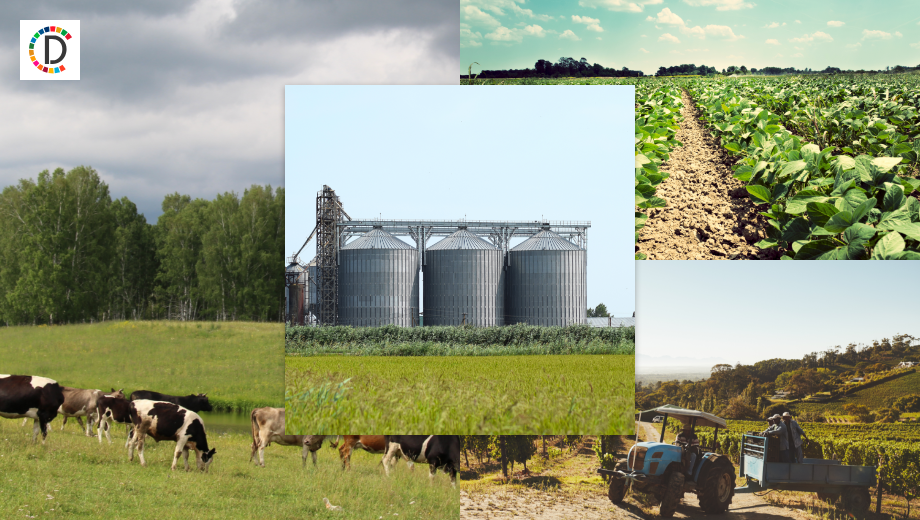Portugal's food VAT cut is working as retailers not taking advantage, PM says
Portuguese consumer prices rose 5.7% year-on-year in April in a significant slowdown from a 7.4% increase in the previous month, with food inflation showing signs of abating. According to the government's forecast, inflation was set to ease back down to 5.1% in 2023 from 7.8% last year, while the European Commission expects it to reach 5.6%.

The temporary removal of value-added tax on essential food products was working to curb prices, while retailers were not taking advantage of the measure to increase their profit margins, Portuguese Prime Minister Antonio Costa said. In April, the government slashed VAT to 0% from 6% on a list of 46 essential goods - including milk, bread, rice, tomatoes, and some meat and fish products - to help families deal with the impact of stubbornly high food prices. The cut is set to last until the end of October.
Costa said that separate analyses by food and economic security authority ASAE and Portugal's biggest consumer protection association DECO PROTESTE carried out between mid-April and mid-May showed price decreases for that basket of essential products, of 7.6% and 7.9%, respectively. "In a country where wages and pensions are low, the impact of an inflation as high as we have had inevitably hits people's income hard... but the 0% VAT measure actually had an impact on lowering prices (of essential goods)," he told parliament.
He said that the measure was agreed with producers and retail distribution "to ensure that the VAT reduction was reflected in a drop in the prices of essential goods, and that is what is happening". Portuguese consumer prices rose 5.7% year-on-year in April in a significant slowdown from a 7.4% increase in the previous month, with food inflation showing signs of abating.
According to the government's forecast, inflation was set to ease back down to 5.1% in 2023 from 7.8% last year, while the European Commission expects it to reach 5.6%.
(This story has not been edited by Devdiscourse staff and is auto-generated from a syndicated feed.)










